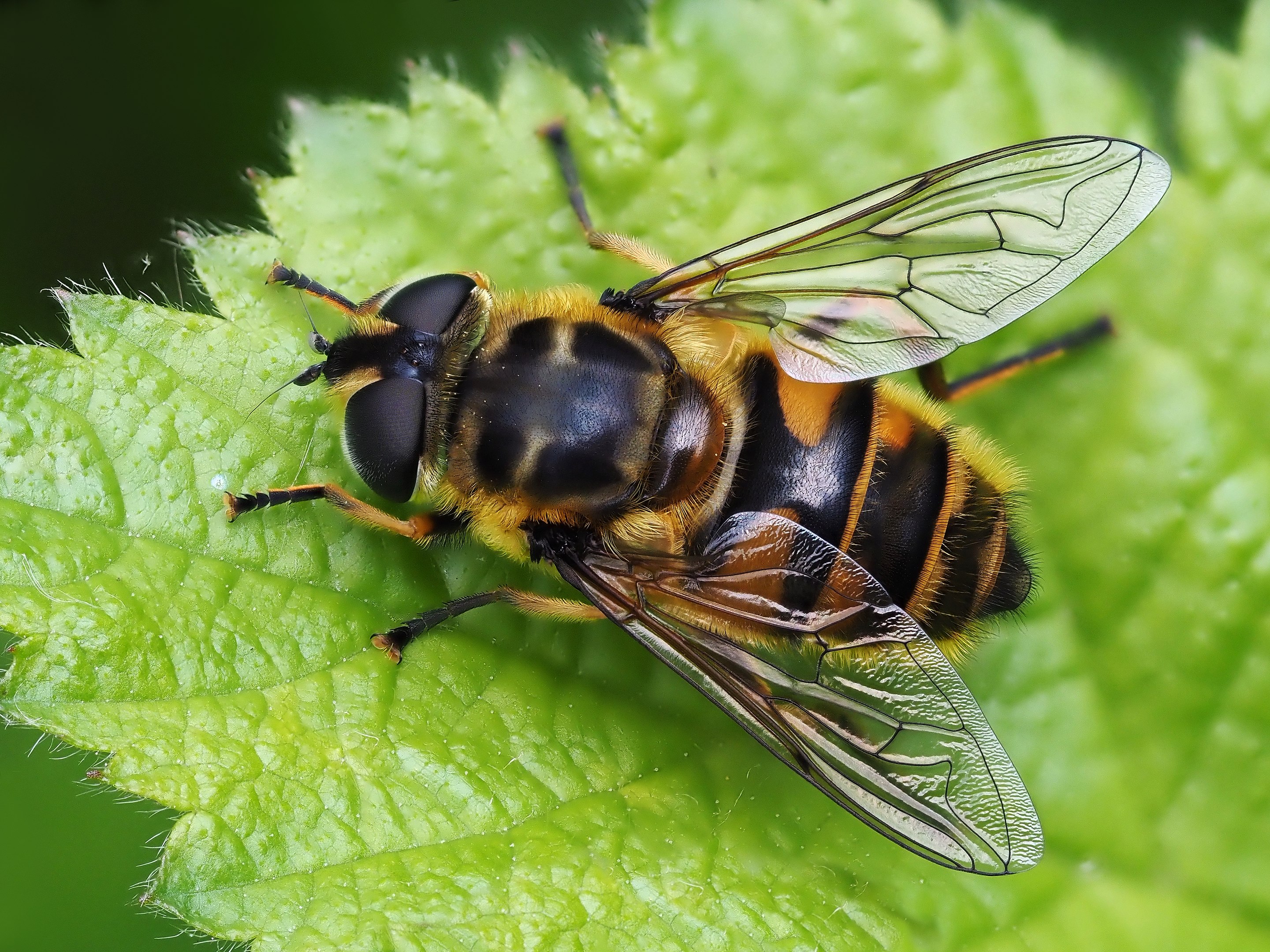
Abstract
Pollinators provide a key ecosystem service and their importance for food security is widely acknowledged. Alarmingly though, wild pollinators are declining at local, regional, and global scales, primarily as a consequence of human activities. While land-use change is often seen as a main driver of the problem, there is a considerable lack of knowledge on the responses of invertebrate pollinators to the resulting habitat loss and homogenisation.
The overall objective of the proposed study was to use microsatellite genotyping and landscape genetics to analyse the functional connectivity of typical Luxembourg and Western European landscapes from the viewpoint of four pollinator species: Myathropa florea, Syritta pipiens, Andrena cineraria, Bombylius major. We aimed to understand whether urbanisation and the structural diversity of agro-ecosystems have an impact on dispersal and which landscape features facilitate or hinder gene flow. After extensive sampling across diverse habitats, the genetic structure of the study species was assessed using microsatellite loci. Despite high statistical power, there was no evidence for genetic clustering, suggesting that these pollinators maintained genetic connectivity across this human-altered landscape. We also conducted a literature review to synthesise our current knowledge on landscape genetics in pollinators like bees and hoverflies.
This project provided a timely contribution to our understanding of connectivity in pollinators, a topic that remains largely understudied. Given ongoing conservation efforts to improve habitat connectivity (e.g. Buzz Lines), it is important that we understand the effects of habitat loss and fragmentation on the dispersal behaviour of pollinators.
Project status
- Project granted by the granted by Fonds National de la Recherche Luxembourg. Duration: 3 years (01.02.2021 – 31.01.2024).
- Host institution: Fondation faune-flore @ Centre de recherche scientifique, Musée national d’histoire naturelle.
- Postdoctoral Researchers: Dr Julian Wittische (2021-2022), Dr Anna Schleimer (2022-2024)
Contact
- Alain Frantz, curator, Department of Zoology
phone: (+352) 462240 200
afrantz@mnhn.lu
National Museum of Natural History (MNHNL)
Research centre
Life science department
25, rue Münster
L-2160 Luxembourg
Publications
Schleimer, A., Wittische, J., Rupprecht, C., Andrási, B., Luttringer, A., Gallego, G., Herrera-mesías, F., Eickermann, M., Cantú-salazar, L. C. L., Meimberg, H., Weigand, A. M., Thissen, D., & Frantz, A. C. (2024). Genetic connectivity is maintained in two insect pollinators across a human-altered landscape. Insect Conservation and Diversity, 1–15. https://doi.org/10.1111/icad.12725
Wittische, J., Lippert, S., Luttringer, A., Ariey, H., Cruz, A., Thissen, D., Schleimer, A., Drygala, F., Mehnert, J., Mengual, X., Cantú-Salazar, L., & Frantz, A. C. (2024). High genetic connectivity of two pollinating flies despite urban disturbance. Ecosphere, 15, e4784. https://doi.org/10.1002/ecs2.4784